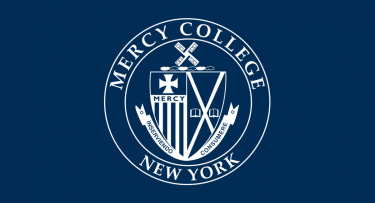Mercy College School of Health and Natural Science Faculty Published in Leading Academic Journals

Mercy College congratulates Astrid Mel, Ph.D., program director and assistant professor of exercise science, and Patricio Mujica-Urzúa, Ph.D., assistant professor of biology, for their recent publications in leading academic journals.
Mel was published in the Translational Journal of the ACSM for a study she conducted in collaboration with Dr. Mary Stenson, associate professor of exercise science and sport studies at the College of Saint Benedict/Saint John's University. The study analyzed how the COVID-19 pandemic changed physical activity in the United States from March 2020 to June 2020. The results of a survey of 873 individuals from 48 states showed that physical activity increased while intensity of exercise sessions significantly decreased due to decreased fitness center access and more outdoor walking. Insights from the study titled, “Physical Activity Changes during the Spring 2020 COVID-19 Shutdown in the United States,” were cited in U.S. News & World Report.
Mel was also published in the academic journal Advances in Physiology for a study she conducted in collaboration with five exercise science professors from across the country. The study analyzed the impacts of emergency remote teaching (ERT) on exercise science faculty. An electronic survey measured the perceptions of faculty from 31 states and three Canadian provinces. According to survey results in the study titled, “Faculty perceptions of the exercise science student learning experience during the coronavirus pandemic,” while faculty and students were challenged to adapt during the global pandemic, the perceived ERT experiences during COVID-19 highlight the resiliency of higher education students. It also underscored changes needed by educational institutions to provide resources and training upon return to traditional education or in response to a future crisis.
Mujica-Urzúa’s research published in the American Journal of Physiology-Heart and Circulatory Physiology studied how blood vessels regulate the initial stages of the inflammatory response, specifically the role of nitric oxide in the control of leukocyte adhesion – a cellular process related to inflammation. The results of the study deepen our understanding of the mechanisms that govern the early stages of the inflammatory response, which may lead to the development of novel therapeutic interventions.
Both Mel and Mujica-Urzúa exemplify the work being done through Mercy College’s School of Health and Natural Sciences to address global events and gain greater insight into the complex health issues facing our medical communities today.
